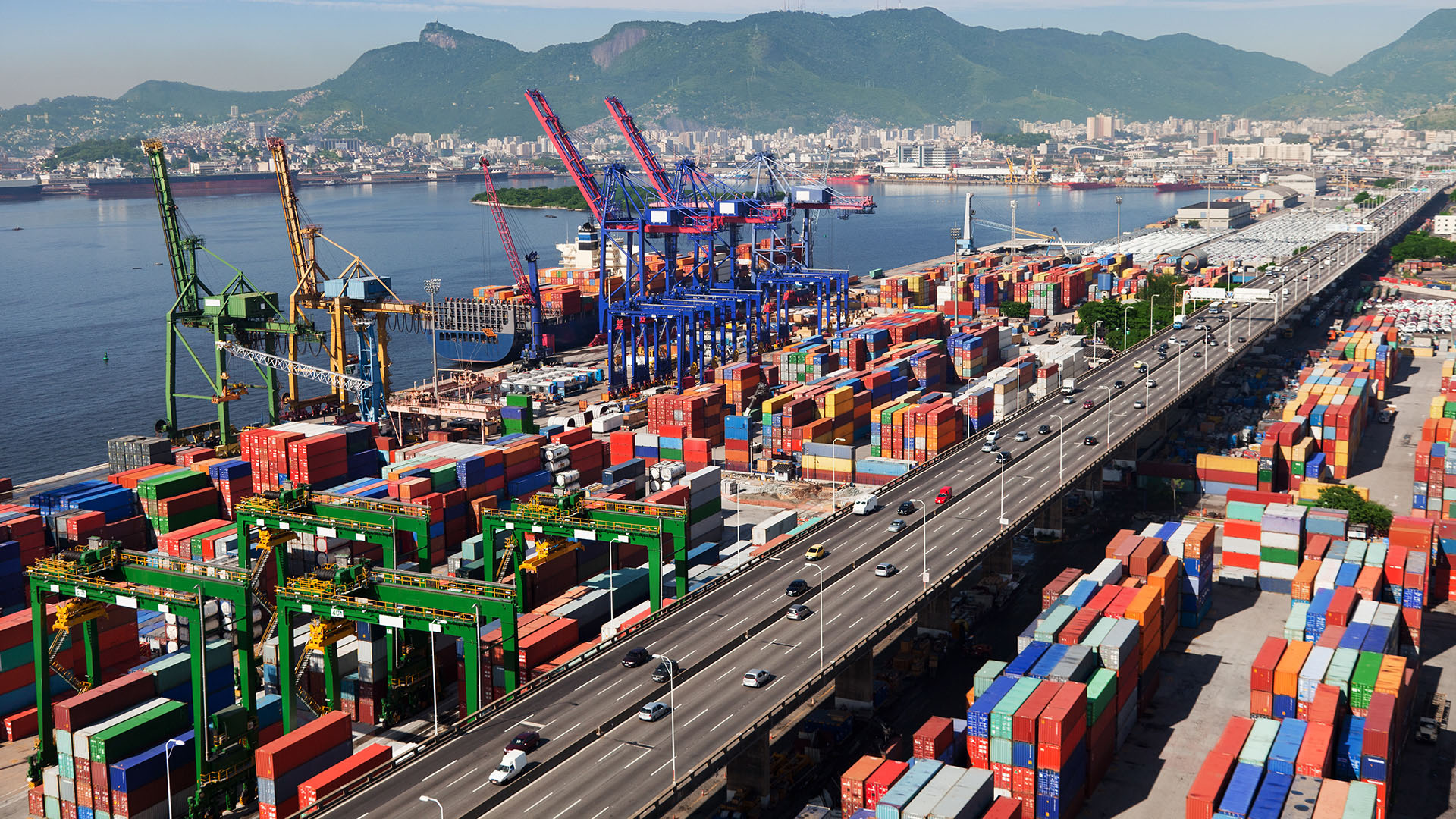
Futureproofed industries and bolstered infrastructure: Why Brazil is piquing the interest of global investors
Brazil may be synonymous with rich biodiversity, but beyond the postcard-perfect beaches and luscious Amazon Rainforest lies a business landscape with unmissable investment opportunities. As one of the top ten economies in the world, its GDP is more than $1.6 trillion USD and is showing sustainable growth contrary to the current global trend.
Historic investment in Brazil’s key sectors has driven growth and continues to support the country throughout a period of global retraction and instability. Currently, Brazil is leading the worldwide production and exportation of agricultural products like sugar cane, fruits, and coffee, but it is also pioneering advancements in energy. About 84% of its national electricity grid is powered by renewable sources and about 77% of total electricity demand is supplied by hydropower.
Effective planning and futureproofing extend beyond agriculture and energy to Brazil’s entire industry ecosystem. Enhanced job creation, strong infrastructure, and developed domestic industries have created a dynamic business environment with diverse investment opportunities – all based on economic freedom and a private investment thesis.

Regional strengths are driving global opportunities
With Brazil’s Foreign Direct Investments (FDI) placing it among the top five economies in the world, job creation is stronger than ever. The country saw growth well into 2022, which not only overtook market expectations but also demonstrated a clear post-COVID recovery from a young and engaged workforce: six million new businesses were created in the last 3.5 years and over a quarter of a million net new jobs were created in May alone.
Infrastructure is also benefiting from Brazil’s economic stability – a knock-on effect from the market opening up to the private sector, with records in concessions and authorizations. Highways, ports, airports, and rail systems have seen significant improvements thanks to an update on the investment attraction model, valuing project investment level and reducing government fees.

Modern legislation for economic freedom and a pro-business environment
Brazil is making a bold shift from a state-driven economy to a market-driven one. In September 2019, it implemented the Economic Freedom Law and, almost two years later, the Doing Business Law. Since then, these measures have brought increased reliability, impartiality, and agility to entrepreneurs in their public endeavors and relations.
The outstanding number of new businesses, which are predominantly SMEs, is an indicator of Brazil’s undisputed legislative success. And with the appointment of new policies, like the Guarantees Law, Startups Law, and Small Business Credit Law, economic freedom and business growth have every chance to advance in the country, and in fact it is.
Three steps to successful investments in Brazil
Though the business economy in Brazil is buoyant, potential investors should consider a few important tips if they want to get ahead in the South American country.
1) You don’t necessarily need to know the language
While Spanish is dominant in the South American continent, Portuguese is the official language of Brazil. However, fluency isn’t necessary as most professionals are proficient in universal languages like Spanish and English.
2) Cultural nuances differ between states and cities
In the northeastern and southern regions, there is a distinctly European feel due to a great number of European immigrants traveling to Brazil in the early 1900s. Brazil is also home to the largest population of Japanese residents outside of Japan, making for a diverse tapestry of cultural history.
3) Support can be found in the local community
The Brazilian tax system is widely regarded as one of the most complex in the world, and public information on many sectors and companies is sometimes difficult to come by. This is why having a strong network of local contacts is key to understanding the nuances of doing business in Brazil.
With a deep knowledge of the cultural, legal, and regulatory environment, investors will have the tools they need to unlock the gateway to Latin America and begin a successful business venture on this dynamic continent.

